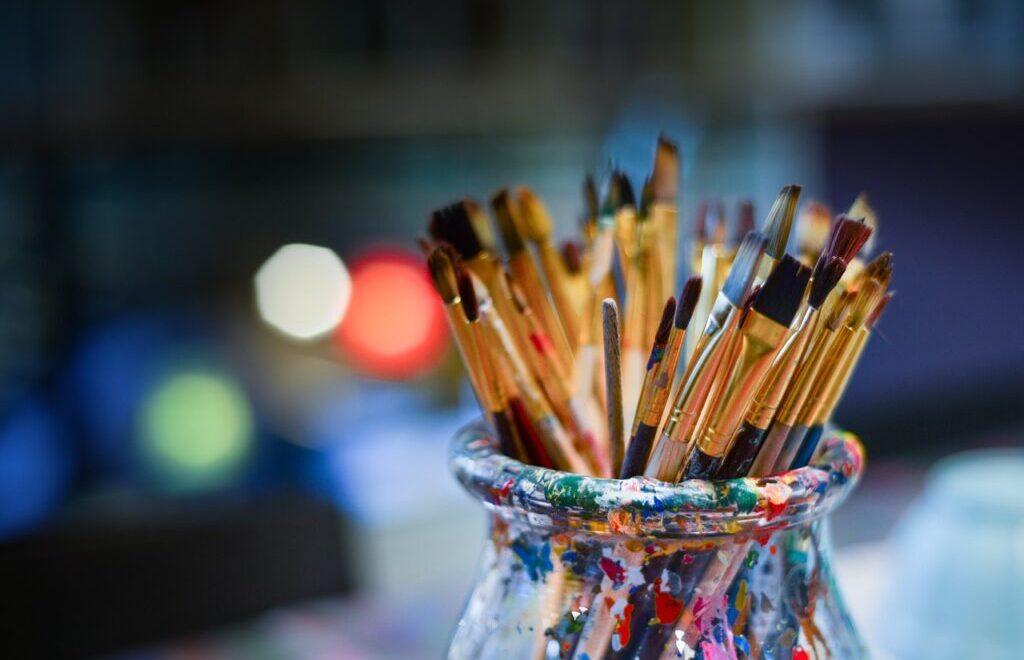Why are hobbies important?
Engaging in hobbies is important for everyone, including ex-convicts who are transitioning back into society after serving their time in prison. Hobbies offer numerous benefits such as personal growth, skill development, mental well-being, and community engagement. In this paper, we will explore the significance of hobbies for ex-convicts and why it is essential to encourage and support their pursuit of meaningful and fulfilling activities.
Firstly, hobbies provide a constructive outlet for ex-convicts to focus their time and energy. After being released from prison, individuals may face challenges in finding purposeful and positive activities to occupy their free time. Without engaging hobbies, they may be more susceptible to boredom, idleness, and potentially harmful behaviors. Pursuing a hobby helps fill their leisure hours with productive and enjoyable endeavors, reducing the risk of falling back into negative patterns or engaging in criminal activities.
Secondly, hobbies contribute to personal growth and skill development. Engaging in hobbies allows ex-convicts to explore their interests, discover new talents, and develop valuable skills. Whether it’s painting, playing a musical instrument, gardening, writing, or any other hobby, the process of learning and practicing fosters personal growth, self-confidence, and a sense of accomplishment. Hobbies provide an avenue for individuals to enhance their creativity, problem-solving abilities, and perseverance, which are transferable skills that can positively impact various aspects of their lives, including employment prospects.
Moreover, hobbies have a positive impact on mental well-being. Adjusting to life after prison can be challenging, both emotionally and psychologically. Hobbies offer a healthy outlet for emotional expression, stress relief, and relaxation. Engaging in activities that bring joy and satisfaction can help ex-convicts manage stress, anxiety, and depression, and promote mental well-being. Hobbies also provide a sense of purpose, structure, and routine, which can contribute to improved mental health and overall life satisfaction.
Furthermore, hobbies facilitate community engagement and social connections. Many hobbies can be pursued in group settings or community organizations, allowing ex-convicts to connect with like-minded individuals who share similar interests. This sense of belonging and social connection is crucial for successful reintegration into society. By participating in hobby-related groups or clubs, ex-convicts can build new friendships, develop supportive networks, and expand their social circles beyond their previous associations. These social connections can provide a sense of belonging, support, and positive influences that are instrumental in their continued rehabilitation and reintegration.
In conclusion, hobbies play a vital role in the lives of ex-convicts. They provide a constructive outlet for their time and energy, contribute to personal growth and skill development, promote mental well-being, and facilitate community engagement. By encouraging and supporting ex-convicts in pursuing hobbies, we provide them with opportunities for personal development, positive experiences, and a pathway to a fulfilling and meaningful life after prison. Embracing the power of hobbies can help ex-convicts reintegrate into society, reduce recidivism rates, and foster a sense of purpose and well-being.

